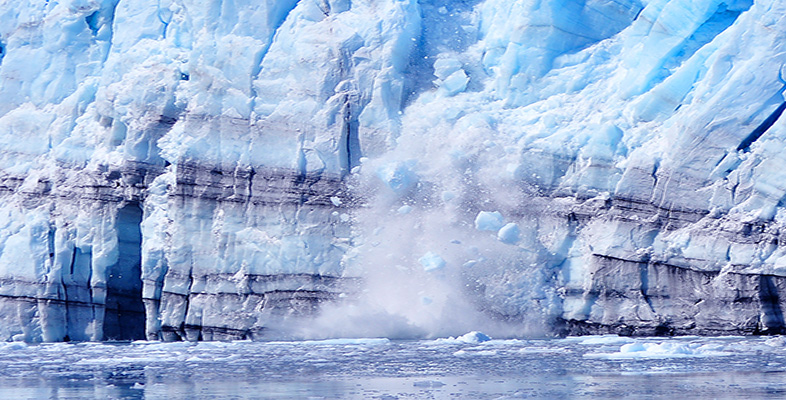2.8 End of course question
Question 12
The writer and campaigner George Monbiot wrote the following (in The Guardian Weekly, 10 February 2000): 'Every time someone in the West switches on a kettle, he or she is helpting to flood Bangladesh'. What is the link between switching on a kettle and sea level rise? Write down the various steps in the chain of cause and effects as a set of bullet points. Do you feel confident that you could cover all the links, if asked by a friend or colleague, say?
Answer
'Switching on a kettle' is linked to sea-level rise by the following chain of 𠆇cause-and-effect' relationships:
burning fossil fuels (e.g. in a power station) causes the release of CO2 to the atmosphere;
and has resulted in a build up of the gas since pre-industrial times;
the effect is a temporary reduction in the longwave emission to space, disturbing the radiation balance at the top of the atmosphere and producing a positive radiative forcing of climate;
which has a warming effect, causing an increase in GMST;
higher temperatures, in turn, cause the thermal expansion of seawater and the melting of land ice;
increasing the volume of water in the ocean, and leading to sea-level rise.
By now you will also be aware that many of the links in this chain are not that simple. For example, burning fossil fuels releases particulate matter as well, and that acts to partially offset greenhouse warming. Equally, there are 'time lags' between climate warming and the melting of land ice. And so on. These and other complexities in the climate change puzzle will occupy us for the rest of the topic.
